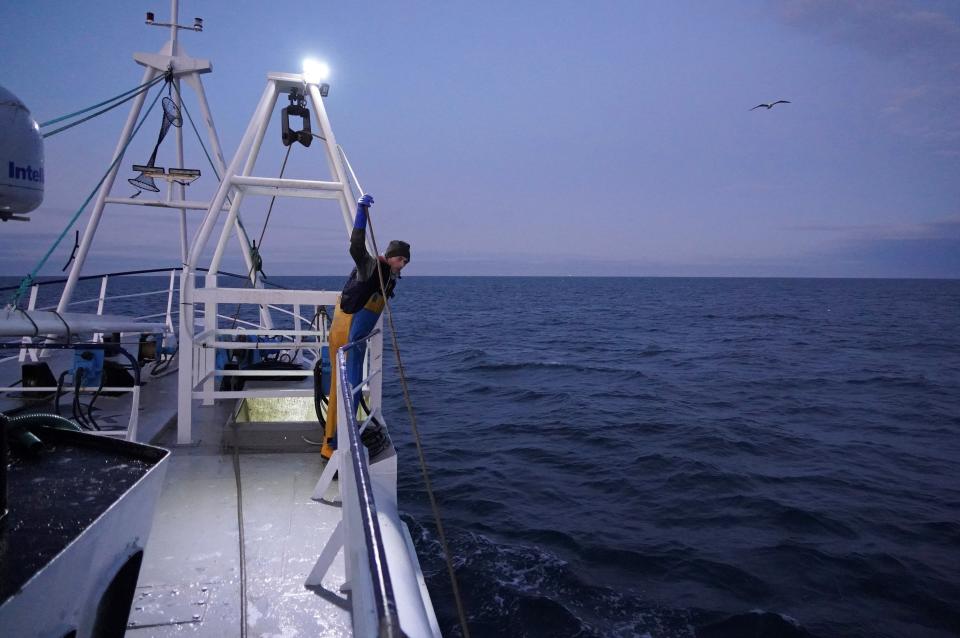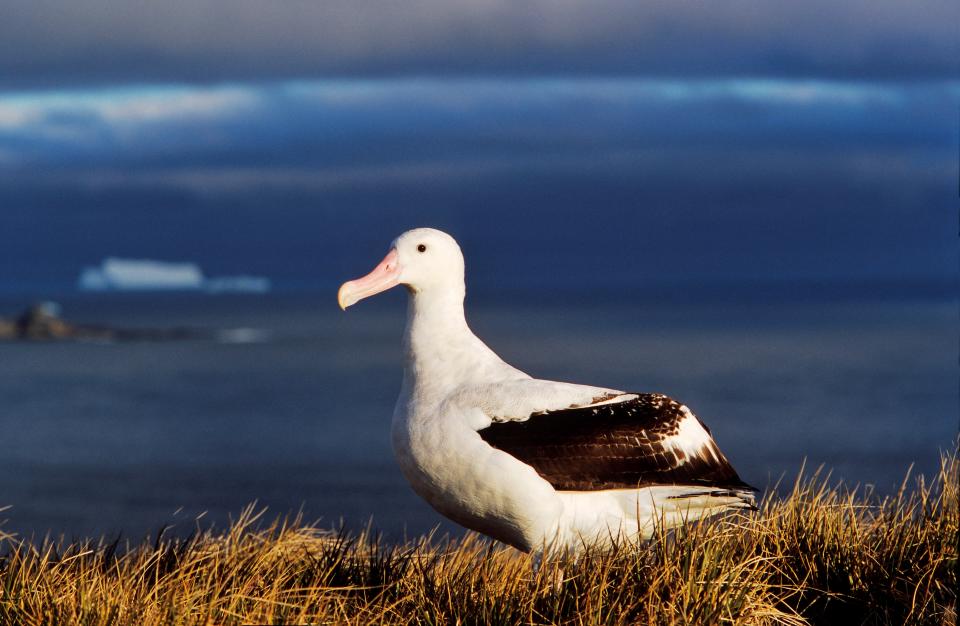Scientists have fitted GPS trackers to albatrosses so they can spy on illegal fishermen

Scientists revealed they are fitting GPS tracking devices to albatrosses in an attempt to combat illegal fishing in the world’s oceans.
In a six-month trial, researchers attached data logging devices to 169 of the sea birds and tracked their movements, with the birds feeding data back in real-time.
The study, published on Monday in the US journal Proceedings of the National Academy of Sciences (PNAS), scientists said illegal and undeclared ocean fisheries were damaging ecosystems by overexploiting fish stocks and catching threatened species.

The birds patrolled more than 47 million square kilometres (18 million square miles) of open ocean.
Albatrosses were chosen because of their attraction to fishing vessels and their ability to cover vast areas.
Samantha Patrick, a senior lecturer in Marine Biology at the University of Liverpool and contributor to the study, explained how the birds, or “ocean sentinels”, could cover more area than human patrol ships.
Read more:
Britain 'may be unable to stop illegal EU fishing in no-deal Brexit'
Britain to introduce bill to end automatic EU fishing rights in UK waters
UK must control access to its waters after Brexit, fishing industry urges
Writing in The Conversation, she said: “Originally this work began to differentiate between fishing boats and other vessels, to test whether birds were more likely to be attracted to fishing boats.
“But when we combined the data collected by the loggers with a global map, we could see the location of all boats with an active automatic identification system (AIS).

“This radar allows vessels to detect each other, preventing collisions. But our study found that over 20% of boats within French waters didn’t have their AIS on, rising to 35% in international waters.
“Since the AIS is intended to keep vessels safe, it’s likely that these vessels operating without it in international waters were doing so to avoid detection, and so could be fishing illegally.
“It’s difficult to imagine a human patrol boat being able to cover enough area to efficiently track illegal fisheries.
“But each wandering albatross could potentially cover the same area of ocean as a boat, and when its logger detects a fishing boat with its AIS turned off, it can relay that information to the authorities, who can alert nearby vessels to investigate.”
The study revealed that a third of the boats detected by the trackers had AIS turned off in international waters.

